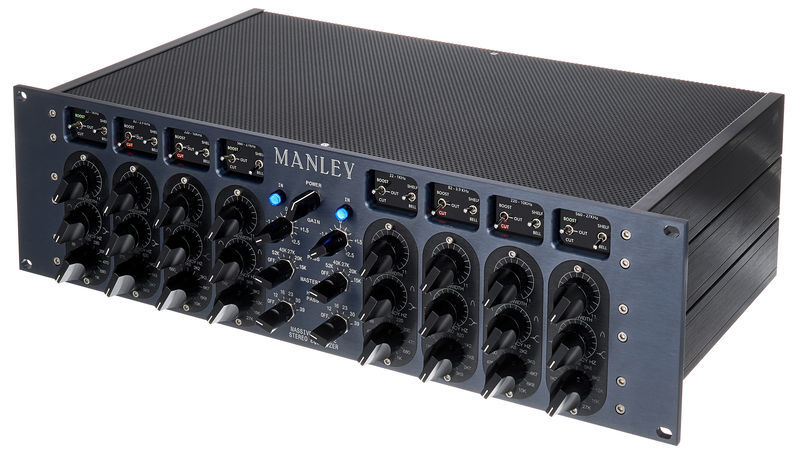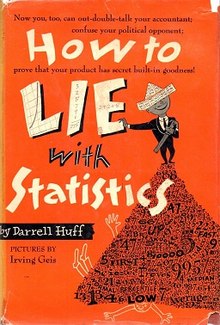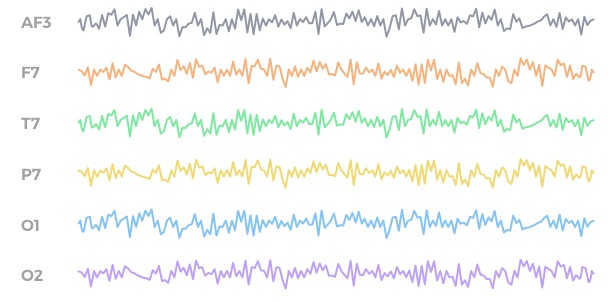Signaltheorie (Signal Theory)
Offered in German only
Pflichtfach für Bachelor-CE und -ET im 4. Semester
Wird im Sommersemester angeboten

Das ist ein cooles Teil, wenn man sich es leisten kann.
Vorlesung: Prof. Dr. Peter Schreier
Übung: Isabell Lehmann
Lernziele und Beschreibung
Die Studierenden sollen mit der Beschreibung und der Analyse von zeitkontinuierlichen und zeitdiskreten Signalen mit Hilfe von abstrahierenden, also von der konkreten Realisierung wegstrebenden, signaltheoretischen Methoden vertraut gemacht werden. Das Modul stellt ein Fundament dar für eine weitergehende Vertiefung in der Automatisierungs- und Regelungstechnik sowie in der Informations- und Kommunikationstechnik inklusive Verfahren des maschinellen Lernens.
In dieser Veranstaltung werden zeitkontinuierliche und zeitdiskrete Signale im Zeit- und Frequenzbereich behandelt. Dabei werden Fourier-Reihen, die Fourier-Transformation, die zeitdiskrete Fourier-Transformation (DTFT) und die diskrete Fourier-Transformation (DFT) eingeführt. Der durch das Abtasttheorem gegebene Zusammenhang zwischen zeitdiskreten und zeitkontinuierlichen Signalen wird ausführlich besprochen.
Learning objectives and description
Students will learn how to describe and analyze continuous-time and discrete-time signals with the help of abstract methods from signal theory, i.e. methods which go beyond the concrete realization. The module forms a basis upon which further knowledge in automation and control technology, and in information and communication technology (including machine learning) can be built.
This course covers continuous- and discrete-time signals in the time and frequency domains. This includes Fourier series, the Fourier transform, the discrete-time Fourier transform (DTFT), and the discrete Fourier transform (DFT). The connection between discrete-time and continuous-time signals given by the sampling theorem is discussed in detail.
Stochastik für Ingenieure (Probability for Engineers)
Offered in German only
Pflichtfach für Bachelor-CE und -ET im 4. Semester
Wird im Sommersemester angeboten

Und wer sagt, dass man an der Uni nichts Nützliches lernt?
Vorlesung: Prof. Dr. Peter Schreier
Übung: Maurice Kuschel
Lernziele und Beschreibung
Die Stochastik ist ein leistungsfähiges Werkzeug, das Ingenieure zur Analyse und Modellierung von zufälligen Phänomenen verwenden. In diesem Modul sollen die Studierenden ein grundlegendes Verständnis der Wahrscheinlichkeitstheorie und der mathematischen Statistik erwerben. Sie sollen verstehen, wie man Wahrscheinlichkeitstheorie und Statistik in den Ingenieurwissenschaften einsetzen kann und sie sollen diese auf relevante Gebiete (wie z.B. in der Nachrichtentechnik oder im maschinellen Lernen) anwenden können.
Die Veranstaltung behandelt: diskrete und kontinuierliche Zufallsvariablen; Markoff-Ketten; gebräuchliche Wahrscheinlichkeitsverteilungen; Erwartungswert; Gesetz der großen Zahlen; Statistik und Hypothesentests; Zufallsvektoren; im weiteren Sinne stationäre Zufallsprozesse.
Learning objectives and description
Probability theory is a powerful tool that engineers use to analyze and model random phenomena. In this module, students will acquire a basic understanding of probability and mathematical statistics. They will learn to understand how to apply probability and statistics to relevant fields in engineering (such as communications and machine learning).
Topics in the course include: discrete and continuous random variables; common probability distributions; Markov chains; expectation; law of large numbers; statistics and hypothesis testing; random vectors; wide-sense stationary random processes.
Statistical Signal Processing
Compulsory course for Master-EE/ESE/CE
Offered in the Winter Semester

Who can spot the trend?
Lectures: Prof. Dr. Peter Schreier
Tutorials: Dr.-Ing. Mohammad Soleymani
Learning objectives and description
Statistical signal processing comprises the techniques that engineers and statisticians use to draw inference from imperfect and incomplete measurements. This course covers a selection of topics from the major domains of detection, estimation, and time series analysis.
Topics covered in this course include correlation analysis, various frequentist and Bayesian approaches to estimation, performance bounds for parameter estimation, Neyman-Pearson detectors, wide-sense stationary time series, and complex-valued random signals.
After attending this course, students will be familiar with the basic principles of statistical signal processing. They will understand how to apply statistical signal processing techniques to relevant fields in engineering (such as communications and machine learning). Students will develop confidence in their ability to solve mathematical problems of analysis and design.
